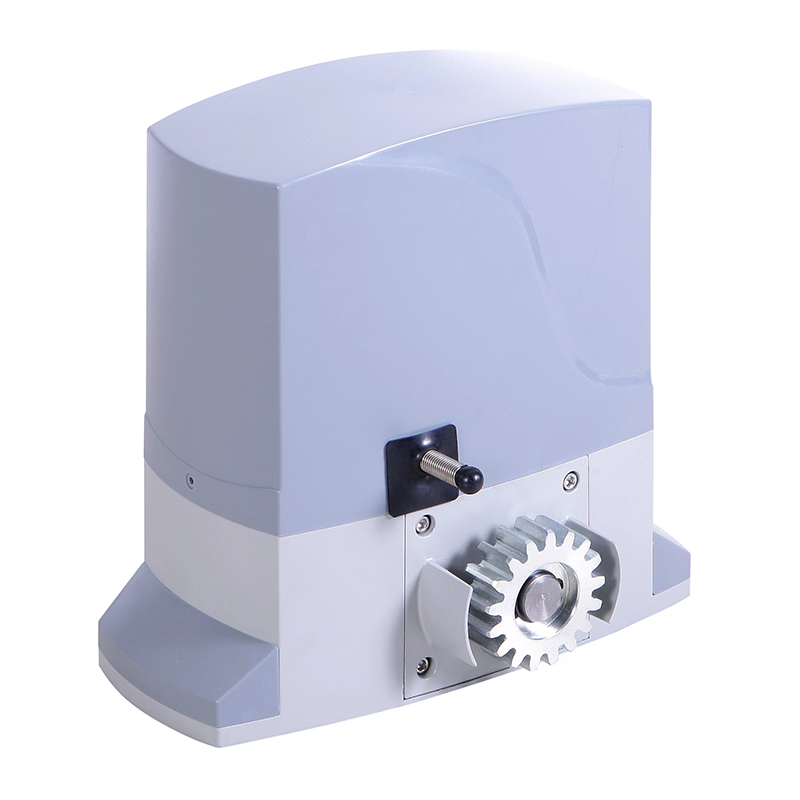Automatic sliding gates offer convenience, security, and aesthetics for residential, commercial, and industrial properties. However, selecting the appropriate automatic sliding gate opener is crucial to ensure smooth operation and longevity of the system. One of the key factors to consider when choosing a gate opener is the weight and size of the gate itself. In this article, we'll discuss how the weight and size of the gate impact the choice of an appropriate automatic sliding gate opener.

1. Gate Weight:
The weight of the gate plays a significant role in determining the type and capacity of the automatic sliding gate opener required. Gate openers are typically rated based on their maximum weight capacity, which can range from a few hundred pounds to several thousand pounds. It's essential to accurately measure the weight of the gate, including any additional components such as decorative elements or reinforcement, to ensure compatibility with the chosen gate opener.
Lighter Gates: For gates with a lower weight, such as residential or pedestrian gates, lighter-duty gate openers with lower weight capacities are suitable. These openers are typically less powerful and may use mechanisms like chain or belt drives for operation.
Heavier Gates: Industrial or commercial gates with heavier weights require heavy-duty gate openers with higher weight capacities. These openers are equipped with robust motors and drive systems, such as rack and pinion or screw-driven mechanisms, to handle the increased load effectively.
2. Gate Size: The size of the gate also influences the selection of an appropriate automatic sliding gate opener. Gate size is typically measured in terms of width, height, and overall dimensions. Larger gates require gate openers with sufficient power and torque to ensure smooth and reliable operation.
Standard-Sized Gates: Gates with standard dimensions may be adequately served by a wide range of gate openers designed for typical residential or commercial applications. These openers are versatile and can accommodate gates within standard size parameters.
Oversized or Custom Gates: For gates that exceed standard size limitations, such as oversized or custom-designed gates for large estates or industrial facilities, specialized gate openers capable of handling the unique dimensions and weight distributions are required. These openers may feature customizable settings and reinforced components to accommodate the specific requirements of the gate.
3. Safety and Compliance:
Regardless of the weight and size of the gate, safety should always be a top priority when selecting an automatic sliding gate opener. It's essential to choose a gate opener that complies with relevant safety standards and regulations, such as UL 325 for residential gate openers or UL 991 for industrial gate operators. Additionally, features like obstacle detection sensors, auto-reverse mechanisms, and manual release options should be considered to enhance safety and ensure compliance with local codes and regulations.
Conclusion:
Choosing the right automatic sliding gate opener involves careful consideration of the weight and size of the gate, along with factors such as intended usage, safety requirements, and compliance with industry standards. By accurately assessing the weight and dimensions of the gate and selecting a gate opener with the appropriate capacity and features, property owners can ensure smooth operation, longevity, and safety of their automatic sliding gate system. Consulting with a professional installer or gate automation specialist can provide valuable guidance in selecting the most suitable gate opener for specific needs and requirements.